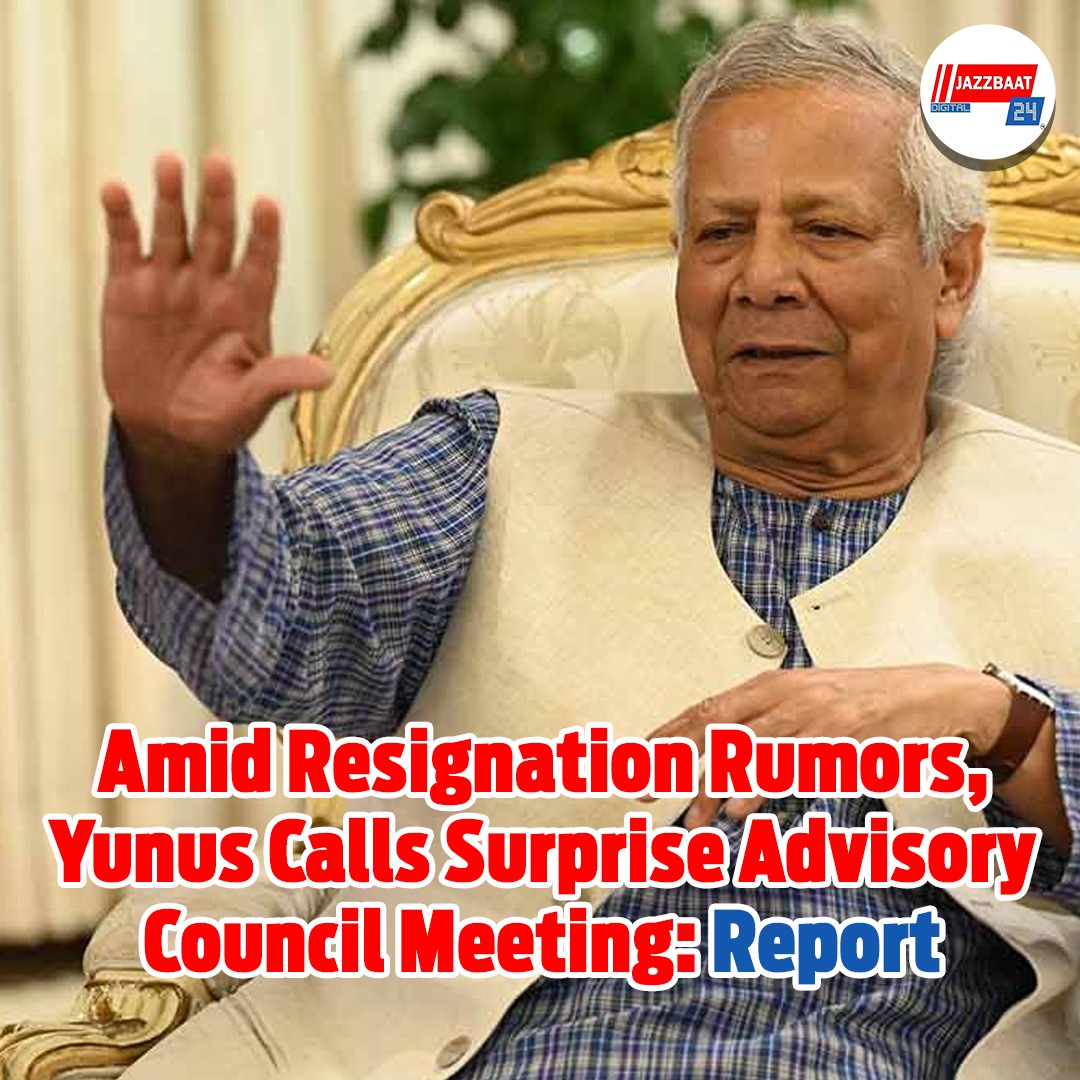
The unexpected encounter takes place just hours before Muhammad Yunus is expected to meet with Bangladesh's leading political party leaders.
Bangladesh's interim government chief adviser, Muhammad Yunus, convened an unscheduled meeting of his advisory council on Saturday as the country's political crisis intensifies. This urgent gathering precedes a scheduled meeting with leaders of the powerful Bangladesh Nationalist Party (BNP) and Jamaat-e-Islami later the same day, signaling a critical juncture in the nation's political landscape.
The surprise council meeting comes amid reports that Yunus, who assumed office following a mass uprising last year, has threatened to resign if political parties fail to offer him adequate support. Bangladesh has been gripped by escalating political tensions this week, with rival parties staging protests in the capital, Dhaka, each pushing for competing demands.
Thousands of BNP supporters marched in Dhaka on Thursday, primarily demanding a firm election date. While Yunus has pledged that polls will be held by June 2026 at the latest, the BNP insists on an immediate and fixed schedule. Adding to the complexity, Yunus's relationship with the military is reportedly strained, with Army chief General Waker-Uz-Zaman advocating for elections by December.
Despite the mounting pressure and his reported threat to quit, a cabinet member and special adviser to Yunus, Faiz Ahmad Taiyeb, publicly stated on Friday that the Nobel laureate "needs to remain" in office to ensure a peaceful transition of power. Taiyeb emphasized, "For the sake of Bangladesh and a peaceful democratic transition, Professor Yunus needs to remain in office," adding that the chief adviser "is not going to step down" and "does not hanker after power." These developments underscore the precarious political situation as Yunus navigates the demands of various political factions and the military to steer Bangladesh towards a stable democratic future.